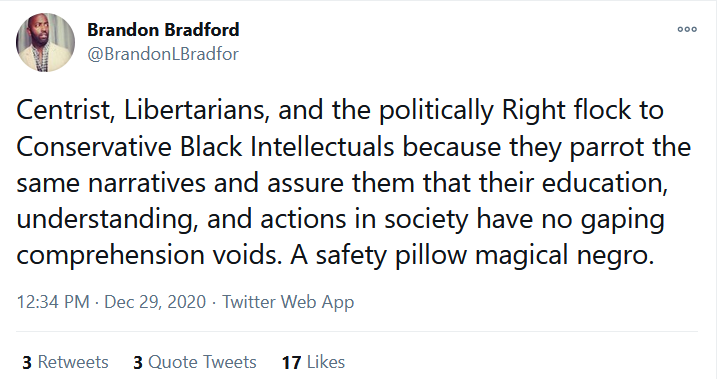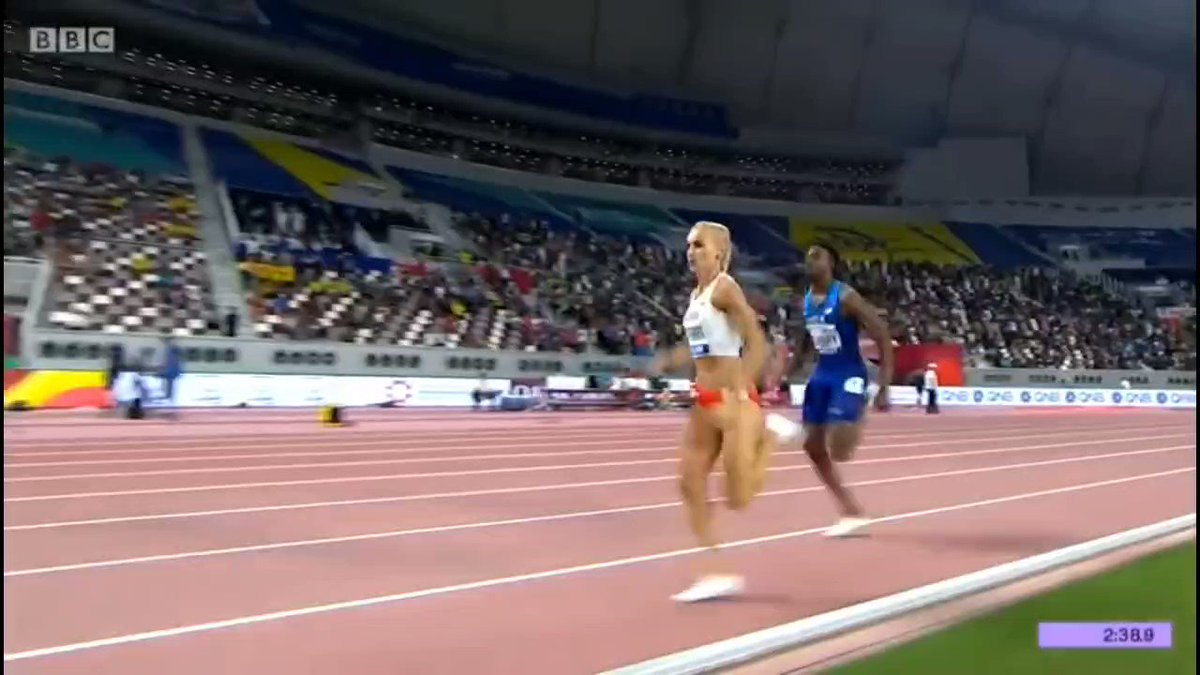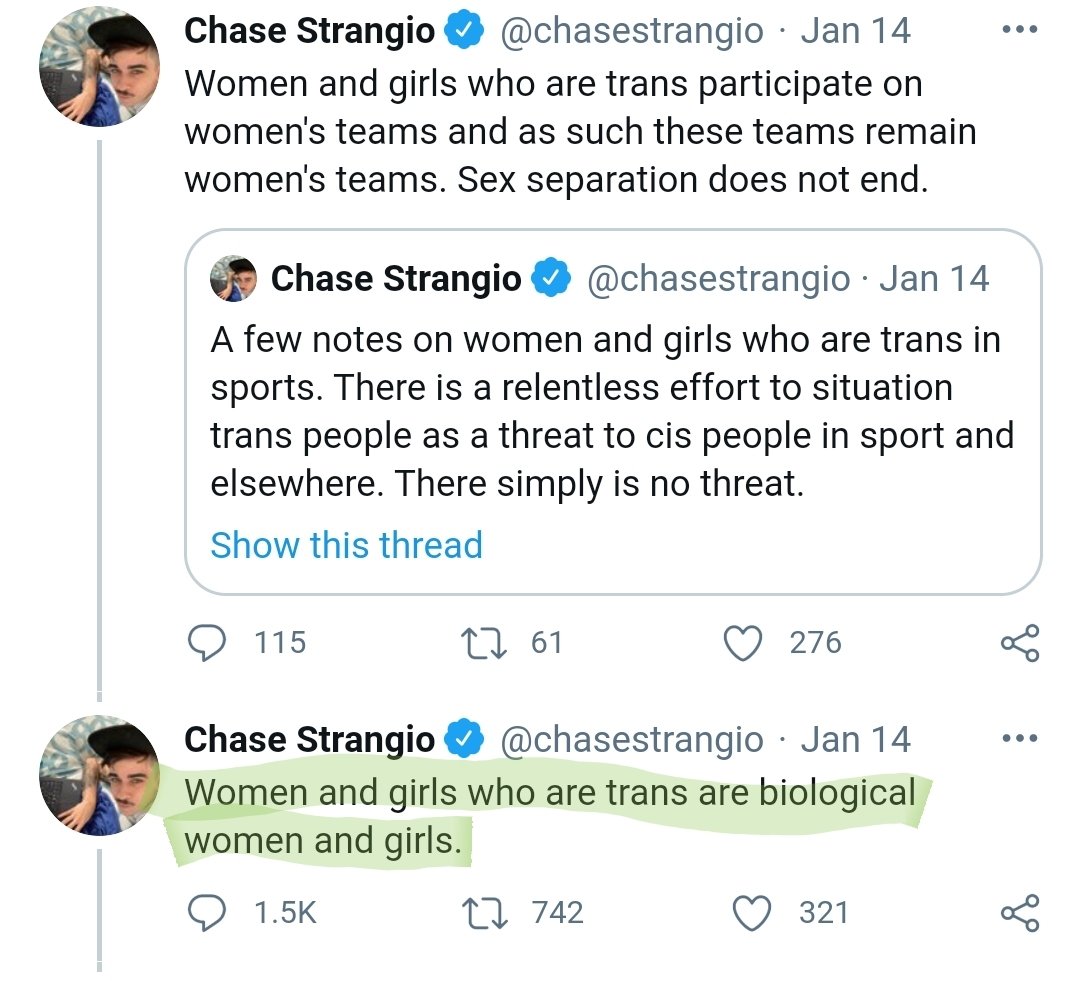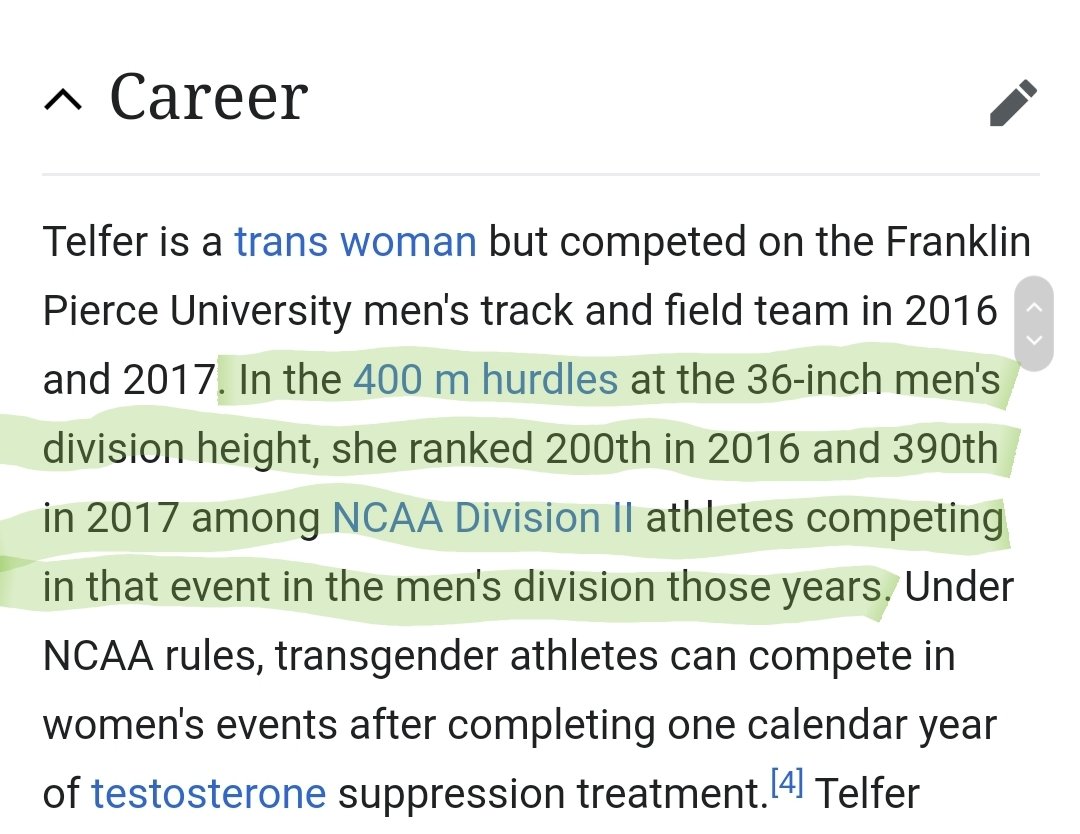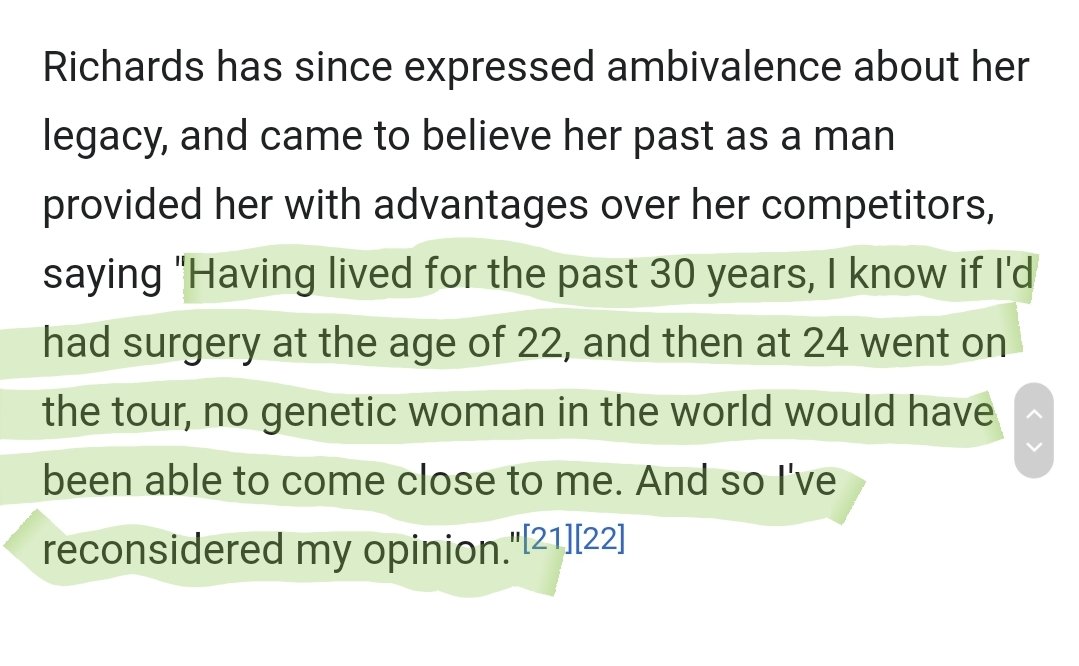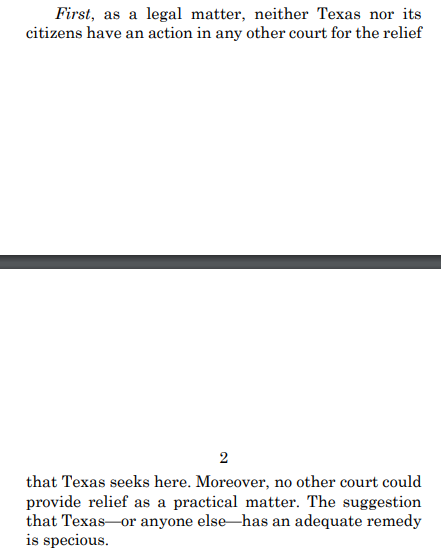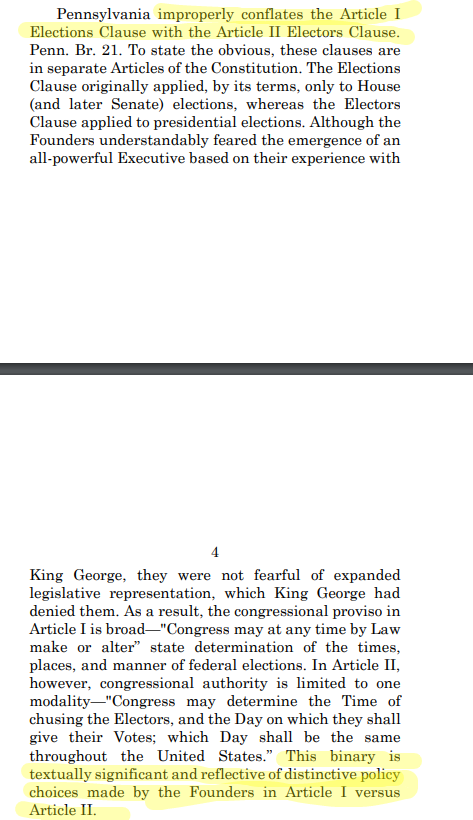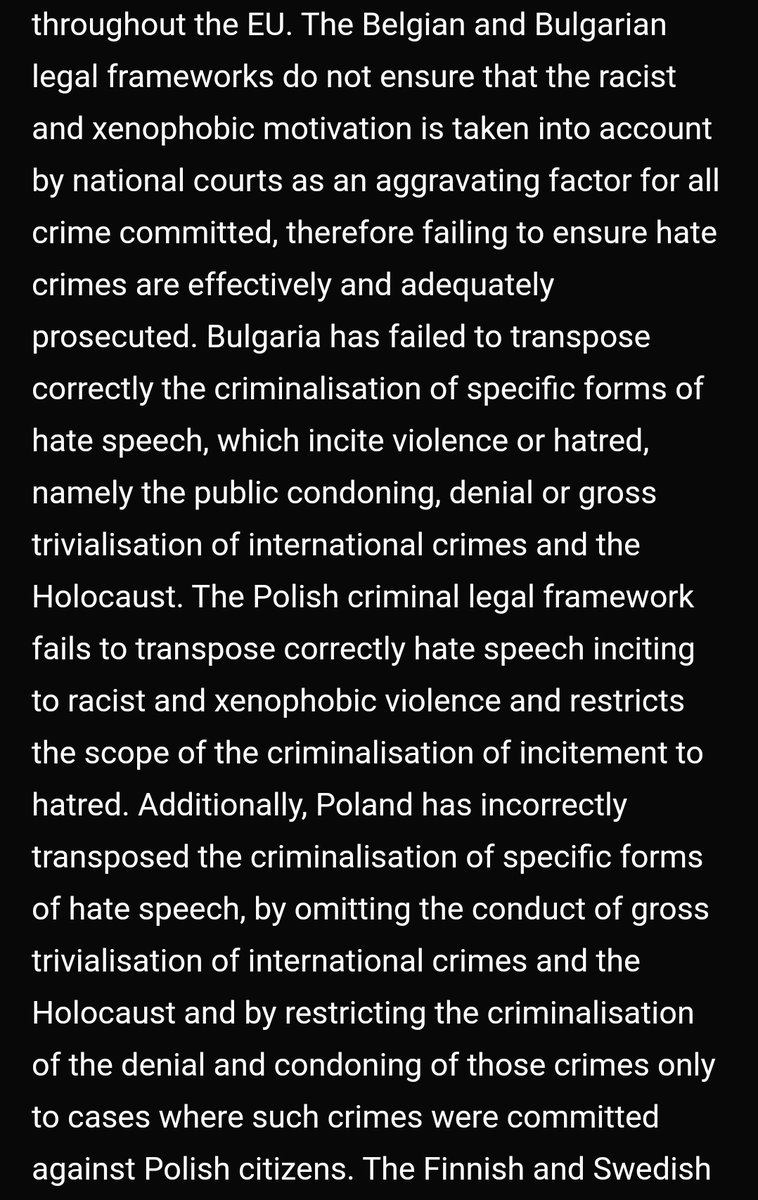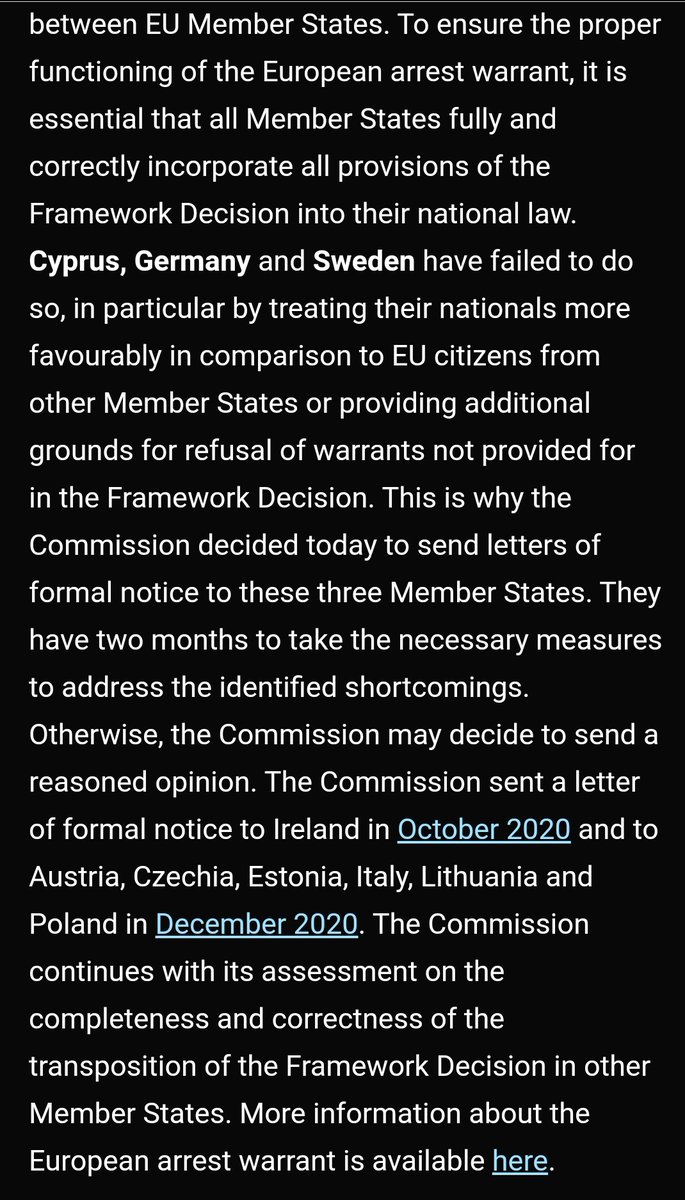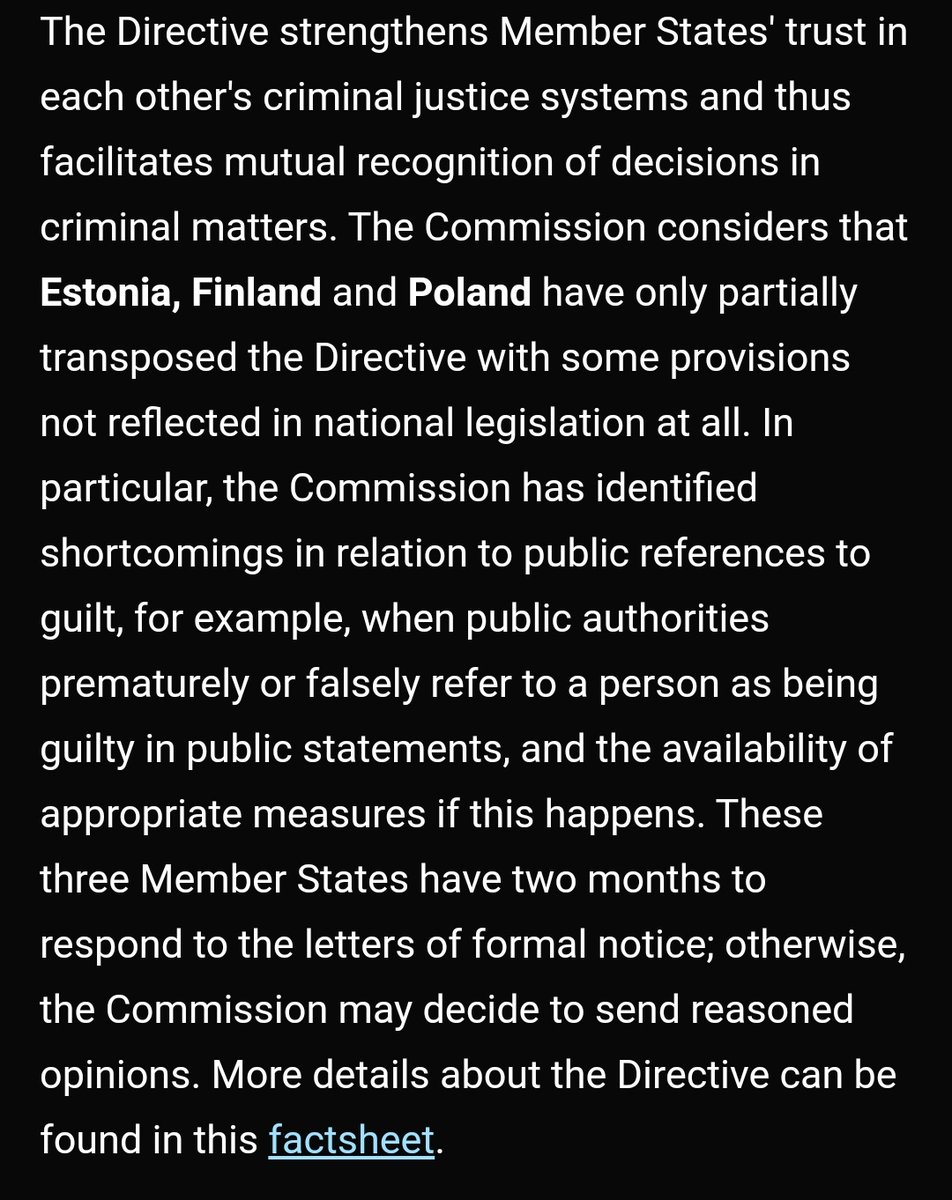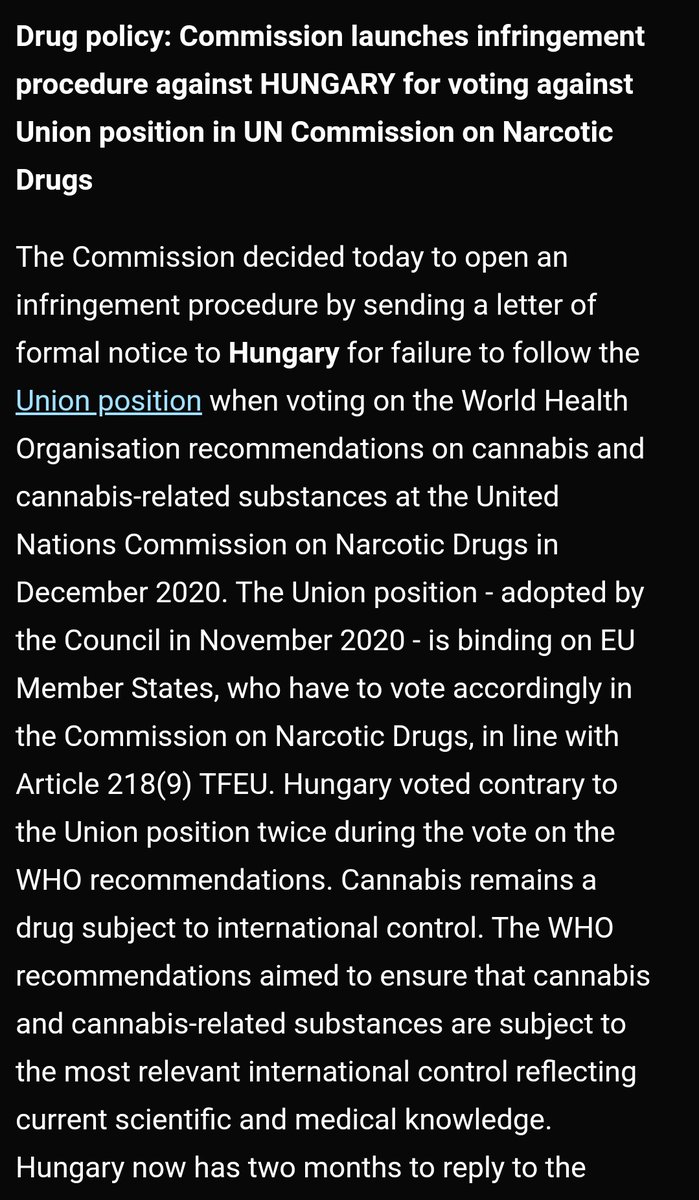These disciplines are connected. They are not like individual academic factories producing different theories. The fact is that the ideas that are produced in various disciplines cross-pollinate and influence each other. The theorists make use of and share each others ideas.
1/
A huge mistake people make is to think of postmodernism, post-structuralism, intersectionality, Critical Legal Studies, Critical Race Theory, 4th wave feminism, and Critical Theory as being separate and distinct, having nothing to do with each other
This is a massive mistake.
These disciplines are connected. They are not like individual academic factories producing different theories. The fact is that the ideas that are produced in various disciplines cross-pollinate and influence each other. The theorists make use of and share each others ideas.
These fields are akin to ingredients used by activists to make the stew of Critical Social Justice.
Mix some postmodernism here with some intersectionality there, add Critical Race Theory and 4th wave feminist post-structuralism and *taste test* YUMMY...Social Justice!👨🍳
Take a look through the activist literature and you'll see that they pull from all these theorists as they see fit and as they find it useful.
An excellent example of this is the book/website: "Beautiful Trouble." You can see how this dynamic works in that book.
You all know the old trick about how "postmoderns" and Marxists are totally different? Well that was true at one time, but woke activists will gladly take ideas from both the Postmodern philosopher Michel Foucault (1st pic) and the Marxist Antonio Gramsci (2nd pic)
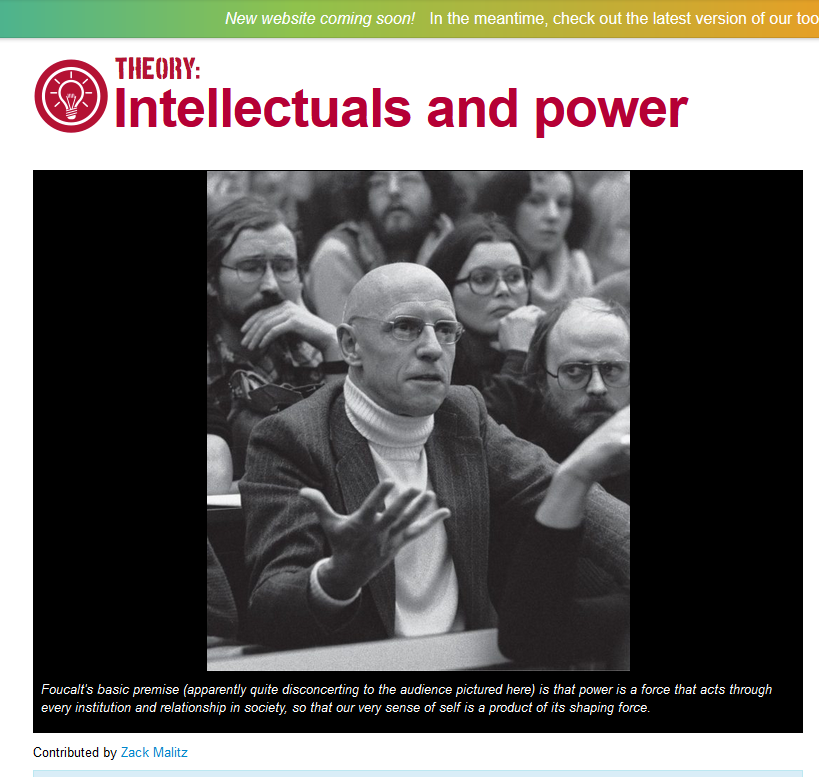
We also have:
-feminists challenging patriarchy
-decolonizing performance art and,
-Anti-oppression (with information from Feminist English prof Peggy Macintosh, and bell hooks, author of "Postmodern Blackness")
That's feminism, Post-colonial Theory, English and postmodernism
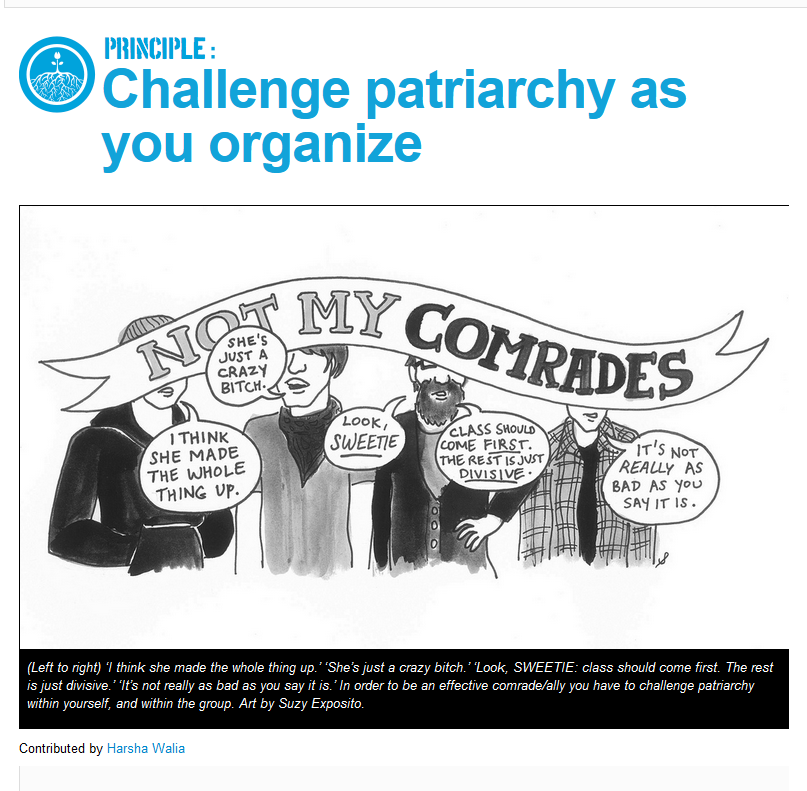
Do you see how this works? The Critical Social Justice practitioners take the *theories* created in the academy and they begin applying them in real life. The theories that work get kept, the ones that do not work get tossed aside.
And so it goes.
Part of the game that gets played by the "CRITICAL RACE THEORY ISN'T POSTMODERNISM YOU GUYS DON'T DO THE READING" is to act as though each of the disciplines that feeds into Critical Social Justice is separate and discreet, unrelated to the others.
This is not the case.
That doesn't mean there's no fights over territory and no boundary lines, It means the theories are ALWAYS being shared and repurposed across disciplinary lines. So, insisting on and appealing to ultra strict readings will render one unable to see how these theories evolve.
Here's an example. Follow along and the payoff is worth it.
This is a review of Gayatyari Spivaks' new translation of Jacques Derrida's "Of Grammatology" with a forward by the famed theorist Judith Butler.
The review Is done by Geoffrey Bennington.
https://t.co/A7DPoOEVeV
To set this up, Gayatyari Spivak is one of the most well known and well published Post-Colonial theorists and is considered a foundational theorist in postcolonial theory., Judith Butler is just as famous and just as foundational in what is now called Queer theory....
The book being reviewed is Spivaks updated version of her translation of Derrida's "Of Grammatology" which she first translated in 1976.
Spivak and Judith Butler both used Derrida's theories a LOT. They talk about Derrida *constantly* in their work.
The reviewer is Geoffrey Bennington, Derrida's greatest American protege. Derrida and Bennington worked so closely that they wrote a book together. Bennington is considered to be the worlds foremost expert on Derrida. He is also fluent in french, the language Derrida wrote in
Bennington proceeds to point out that Judith Butler doesn't seem to know what Derrida was actually saying, and that Spivak seems to be mistranslating Derrida on nearly every page.
Remember, Bennington is fluent in French and wrote a book with Derrida, he knows the work...
Bennington points out Butlers many errors in her forward to the book and then says the Translation itself is deeply flawed. If you want to know how terrible the translation is, the name of his review is "Embarrassing ourselves." It's that bad.
So why does this matter?
Because the Butler (who apparently doesn't actually understand Derrida) and Spivak (who spoke neither french nor english perfectly) used their incomplete and flawed understanding of Derrida's work to become foundational Scholars in Queer Theory and Postcolonial Theory...
I'm sure Spivak and Butler understand some of Derrida, or even most of Derrida. The problem is they became foundational Scholars in their field's using an incomplete understanding of his work and Spivak's flawed translation will be used by many people studying Derrida....
But, if you want to look at what influenced Queer theory and you look at a proper and full account of exactly what Derrida was really arguing and then compare that to modern Queer theory your going to miss the way that his work was appropriated and used by Butler...
And in the "Critical Race Theory, Postmodern, Queer Theory, Gender Studies" cluster of disciplines this is common. Imperfect translations, misinterpretations, misapplications, are all over the place. Those disciplines take whatever they want and use it however they want...
Students were taught deconstruction, and they worked in television, and began to apply deconstruction in their own way to things like sitcoms.
When Derrida was asked about this he said "deconstruction as I understand it does not produce any sitcom."
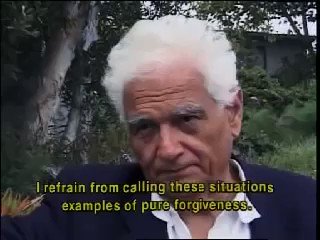
See the problem? This happens all the time in the academic fields that feed Critical Social Justice. Ideas get misused, pulled out of context, and contorted in ways that were never intended because in many cases the scholars doing the work are not held to rigorous standards.
So the next time someone says that Critical Social justice isn't really using postmodernism, you can be charitable and say yeah, they likely are mixing in several ideas from a wide variety of sources. (This is how we get "deconstructive" T.V.)
But the mix and match is no excuse to avoid the inevitable: that they really are using postmodern ideas fashioned into social weapons that they wish to use in the name of their vision of social justice.
/fin
More from Wokal Distance
1/
Time to talk Trumpers.
This is Cori Bush's bill to expel from congress anyone who supported election challenges yesterday.
Yesterday was Jan 6.
The bill is dated Jan 5.
*SHE KNEW YOU WOULD PROTEST, LOSE CONTROL, AND GET VIOLENT. AND SHE HAD A BILL READY FOR WHEN YOU DID*
2/
You guys are going to take the "L" here and quite frankly you deserve it. Cori Bush is going to eat your lunch every day until Biden is inaugurated and there isn't a thing you can do about it.
So....
Let's talk about how to make sure this never, ever, happens again.
3/
How did Cori Bush know you guys were going to have problems and violence?
Because she was trained in the lefty protest movement. Lefty organizing are what she did for years, that's her area of expertise. So she knows just how quickly and easily protests go off the rails...
4/
She knew that this was likely planned by people who did not understand how easily protests go bad, and she knew there was a high likelihood of something going wrong.
Someone is going to say "They had people planted to make it go violent, it is not our fault..."
5/
So what?
Your job is to make sure your people behave, and that you have enough trained people to handle agitators looking to make trouble.
The left knows how to do this. The hold peaceful protests *WHEN THEY WANT TO*
Look at the Women's march, 2 million people, no violence
Time to talk Trumpers.
This is Cori Bush's bill to expel from congress anyone who supported election challenges yesterday.
Yesterday was Jan 6.
The bill is dated Jan 5.
*SHE KNEW YOU WOULD PROTEST, LOSE CONTROL, AND GET VIOLENT. AND SHE HAD A BILL READY FOR WHEN YOU DID*
I believe the Republican members of Congress who have incited this domestic terror attack through their attempts to overturn the election must face consequences. They have broken their sacred Oath of Office.
— Congresswoman Cori Bush (@RepCori) January 6, 2021
I will be introducing a resolution calling for their expulsion. pic.twitter.com/JMTlQ4IfnR
2/
You guys are going to take the "L" here and quite frankly you deserve it. Cori Bush is going to eat your lunch every day until Biden is inaugurated and there isn't a thing you can do about it.
So....
Let's talk about how to make sure this never, ever, happens again.
3/
How did Cori Bush know you guys were going to have problems and violence?
Because she was trained in the lefty protest movement. Lefty organizing are what she did for years, that's her area of expertise. So she knows just how quickly and easily protests go off the rails...
4/
She knew that this was likely planned by people who did not understand how easily protests go bad, and she knew there was a high likelihood of something going wrong.
Someone is going to say "They had people planted to make it go violent, it is not our fault..."
5/
So what?
Your job is to make sure your people behave, and that you have enough trained people to handle agitators looking to make trouble.
The left knows how to do this. The hold peaceful protests *WHEN THEY WANT TO*
Look at the Women's march, 2 million people, no violence
More from Law
You May Also Like
So friends here is the thread on the recommended pathway for new entrants in the stock market.
Here I will share what I believe are essentials for anybody who is interested in stock markets and the resources to learn them, its from my experience and by no means exhaustive..
First the very basic : The Dow theory, Everybody must have basic understanding of it and must learn to observe High Highs, Higher Lows, Lower Highs and Lowers lows on charts and their
Even those who are more inclined towards fundamental side can also benefit from Dow theory, as it can hint start & end of Bull/Bear runs thereby indication entry and exits.
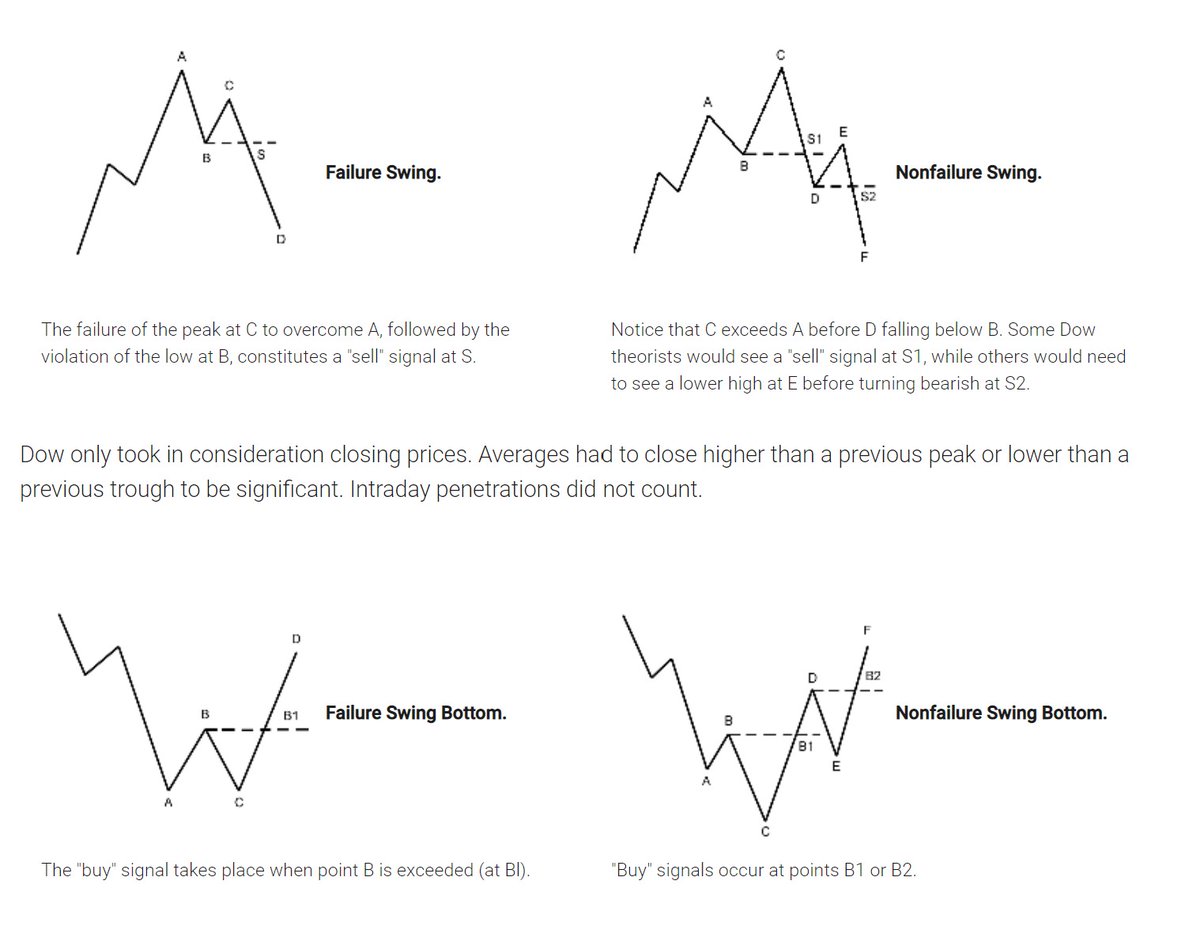
Next basic is Wyckoff's Theory. It tells how accumulation and distribution happens with regularity and how the market actually
Dow theory is old but
Here I will share what I believe are essentials for anybody who is interested in stock markets and the resources to learn them, its from my experience and by no means exhaustive..
First the very basic : The Dow theory, Everybody must have basic understanding of it and must learn to observe High Highs, Higher Lows, Lower Highs and Lowers lows on charts and their
Even those who are more inclined towards fundamental side can also benefit from Dow theory, as it can hint start & end of Bull/Bear runs thereby indication entry and exits.

Next basic is Wyckoff's Theory. It tells how accumulation and distribution happens with regularity and how the market actually
Dow theory is old but
Old is Gold....
— Professor (@DillikiBiili) January 23, 2020
this Bharti Airtel chart is a true copy of the Wyckoff Pattern propounded in 1931....... pic.twitter.com/tQ1PNebq7d

